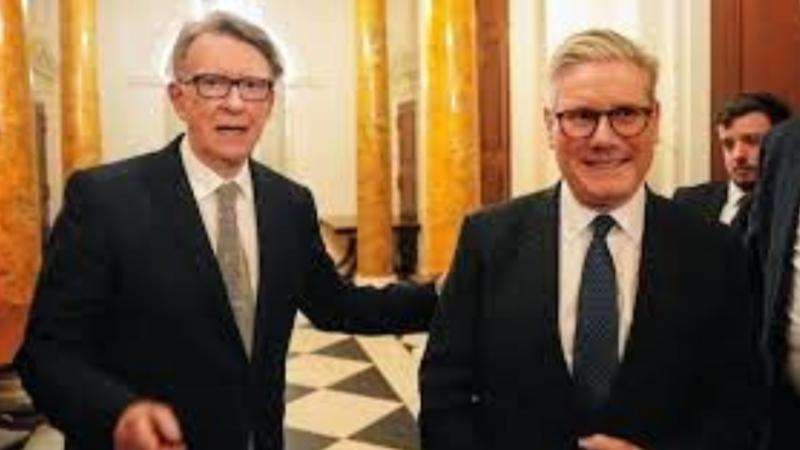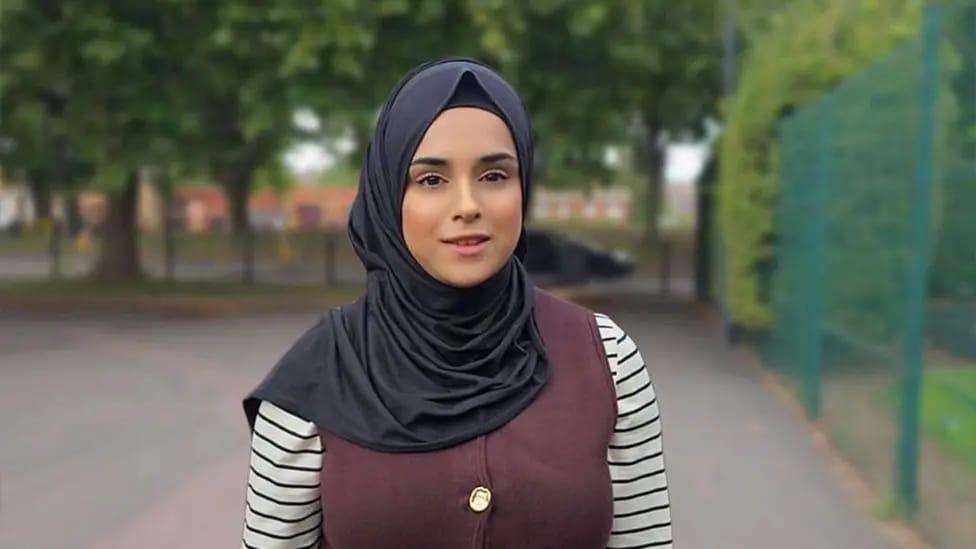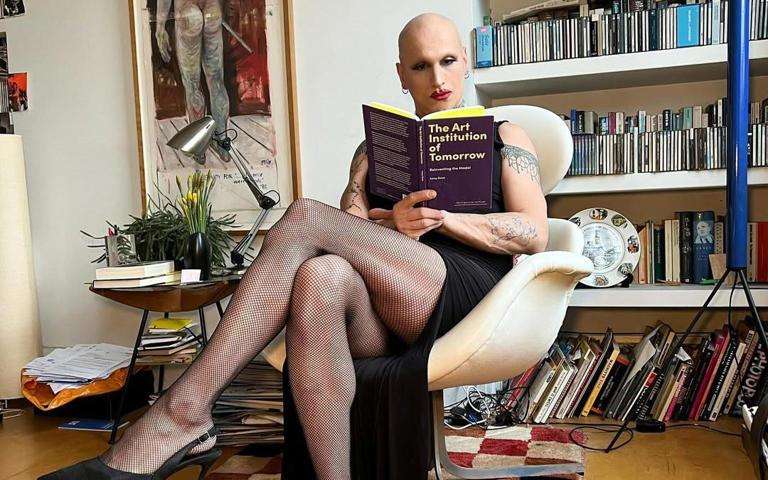A significant increase in "Global Talent" visas has prompted a heated debate in the UK, as the Home Office grants special visas to individuals from various artistic fields, including two Turkish transgender drag queens. These visas, intended to attract top-tier creatives, have seen a 178% rise in annual applications since 2019, drawing criticism from political figures who question the criteria for “global talent.”
The Global Talent visa allows recipients and their dependents to live and work in the UK for up to five years. While the visa is designed for the “very best creatives,” new revelations show it is being granted to a diverse range of artists.
Among the recent recipients are two Turkish transgender drag queens, Kübra Uzun (stage name Q-BRA) and Akis Ka. Both artists have been open about their activism. Uzun’s work includes songs addressing LGBTQIA+ rights, while Ka’s art focuses on trans rights, with some of their social media posts explicitly critiquing gender ideology and figures like J.K. Rowling.
The influx of visas has also benefited artists from Nigeria, who have been dominating the literature category of the Global Talent visa. Nigerian applications for this visa have surged by 2,225% since 2019. Tobi Adegbite, a Nigerian rapper known as Rhookcastle, not only secured a visa but has also established a company that helps other artists with their own Global Talent visa applications. Similarly, poet Faith Moyosore Agboola, another visa recipient, has created a platform to guide others through the visa process.
The growing number of applicants and their varied artistic backgrounds have sparked calls for an urgent review of the visa route. Chris Philp, the shadow home secretary, has called the issuance of these visas “ludicrous” and “obviously nonsensical.” Philp argues that the visa should be reserved for professionals in fields like science, technology, and finance who provide tangible economic value, stating, “The idea that drag artists represent global talent is frankly laughable.”
The Arts Council England is responsible for endorsing visa applications for artists, while other expert bodies handle the science and technology routes. However, the Home Office has recently revealed its intention to protect visa routes for "shortage" occupations, including roles like "poet" and "blogger," which fall under the broad category of "authors, writers and translators." This decision has added to the ongoing debate about the value of these visas and their impact on the UK economy and culture.


_4.jpg)





.svg)


_3.jpg)